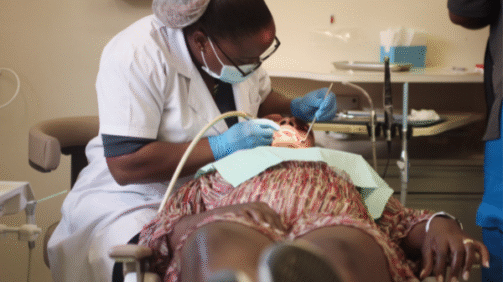Program Objectives:
Train professionals to monitor, evaluate, and control environmental factors that may adversely impact human health.
Develop capacity for enforcing environmental and public health laws and policies.
Equip students with practical skills in waste management, water sanitation, vector control, food hygiene, and environmental inspection.
Key Courses Include:
Principles of Environmental Health
Waste Management and Sanitation
Water Supply and Hygiene
Occupational Health and Safety
Epidemiology and Disease Control
Food Safety and Inspection
Environmental Microbiology
Public Health Law and Ethics
Admission Requirements:
Minimum of 5 credits at O’Level (WAEC/NECO/NABTEB) in:
English Language
Mathematics
Biology
Chemistry or Physics
Plus one relevant subject (e.g., Economics, Geography) No JAMB required for admission into the Institute.
Program Duration: 2yrs Plus 1yr Internship
Delivery Format:
Blended learning: Online and in-person
Conducted by seasoned professional lecturers and health technologists
Career Opportunities:
Graduates can work in:
Ministries of Health and Environment
Local government health departments
Public and private health facilities
Environmental health and safety departments in industries
NGOs and international health organizations
Further Study & University Progression:
The diploma is equivalent to a technician-level qualification, and students may proceed to:
Higher National Diploma (HND)
Direct-entry BSc programs in Environmental Health, Public Health, or related fields through partner universities
Regulatory Body: Environmental Health Officers Registration Council of Nigeria (EHORECON)
Note: Registration with EHORECON is required for graduates of the Environmental Health Technology (Diploma) program to legally practice as Environmental Health Technologists in Nigeria.




